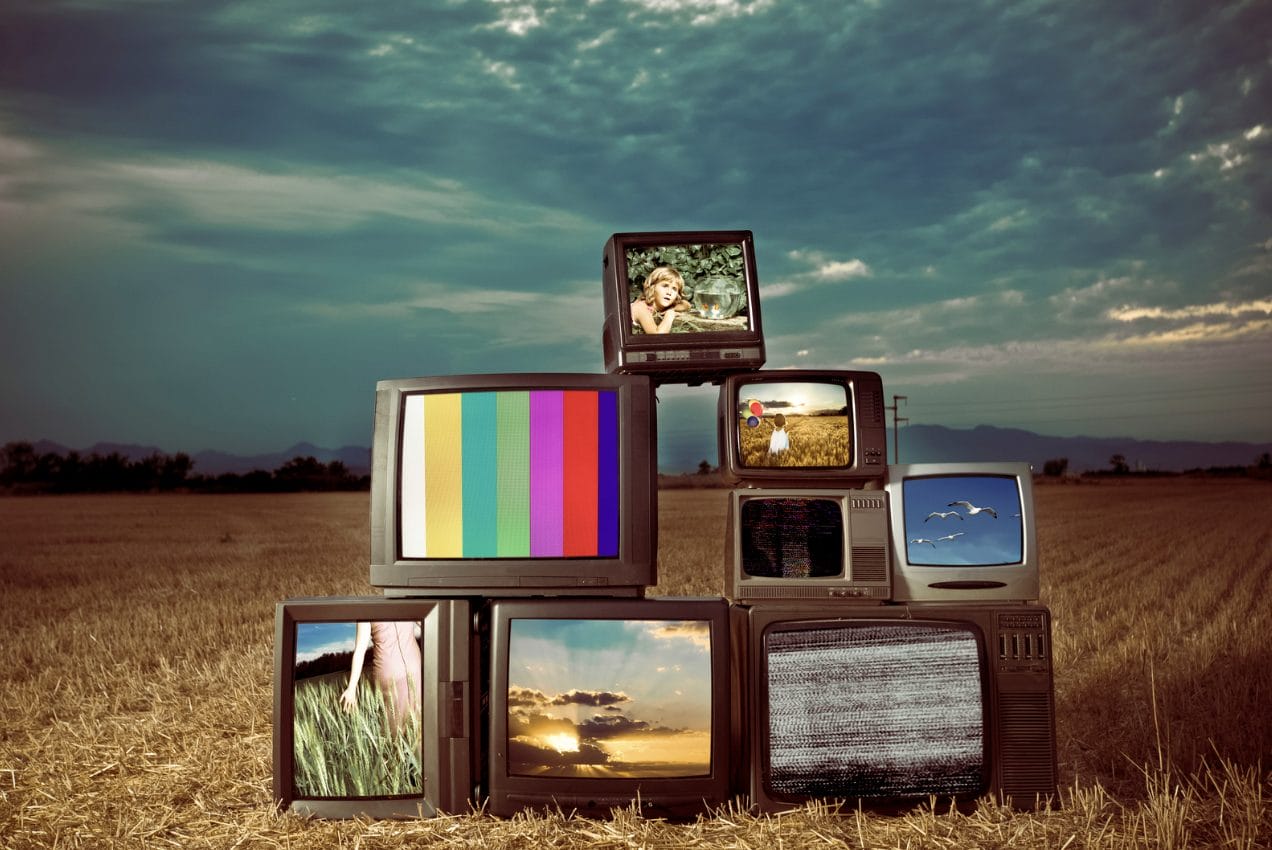Reality TV: Evolving or Stagnating?

Reality TV: Evolving or Stagnating?
Reality TV has been around for decades, but it has recently been experiencing a resurgence in popularity. Streaming services are pumping out a plethora of new reality shows, and social media platforms such as Instagram and TikTok are launching many reality stars’ careers. But is this new era of reality TV a refreshing take on the genre? Or are we just rehashing the same old tropes and formulas?
In this article, we’ll take a look back at the past of reality TV, and the different types of reality shows that are popular today, we’ll also discuss whether or not the genre is truly evolving.
The Reality Shows of the Past
The earliest reality shows were often documentaries or docuseries that followed real people in their everyday lives. One of the earliest and most successful reality shows was The Lives of the Wilkins, which aired on BBC in 1974. Following a middle-class family from Reading, for seven months. The show was groundbreaking in its time, and it helped to popularise the reality TV format.
Other early reality shows included Big Brother, which premiered on Channel 4 in 2000, and I’m A Celebrity, which premiered on ITV in 2002. Big Brother was a social experiment, putting together a group of average people in a house, cut off from the outside world.
These early reality shows were often praised for their realism and authenticity. However, they were also criticised for their voyeuristic nature and their lack of focus on character development.
As reality TV evolved, the genre became more and more formulaic. Shows began to rely on stereotypes and clichés, and they often featured manufactured drama. This led to a backlash against reality TV in the late 2000s.
Today’s Reality Shows: A New Era of Diversity and Inclusion
Some of the reality shows that are popular today are truly different from the reality shows of the past. Many dating shows now focus on diversity and inclusion. For example, the dating show Love on the Spectrum follows a group of autistic adults as they date.
This is a positive trend that we hope to see continue in the future. Reality TV has the potential to be a powerful tool for promoting understanding and acceptance of different people and cultures.
The Future of Reality TV
The future of reality TV is uncertain. However, the genre is still evolving. We should expect to see even more daring and innovative formats in the years to come, to break away from the more traditional.
For a moment, in the late 2000s and early 2010s, amid a renaissance in high-quality scripted programming on TV, it looked as though the ascendance of paid platforms might lead to the extinction of reality TV. Instead, the rise of streaming has intensified the race to create as much addictive, populist content as possible, as quickly and cheaply as possible. This has led to the creation of some truly unique and groundbreaking reality shows, such as Netflix’s most recent Squid Games: The Challenge, or, opposingly Netflix’s Sexy Beast, a bizarre dating show where potential love interests don extreme prosthetics.
Another trend that we can expect to see is the continued use of social media as a powerful tool to promote reality shows. Social media has been one of the greatest aids in the recent success of reality television, however, this success comes with a caveat, with increased social media use comes increased online abuse for many contestants appearing. Well-known stories, such as Caroline Flacks, should be an example to the industry of the work needed to ensure contestants have the support they need, post-appearance.
Conclusion
We can expect to see even more creative and groundbreaking reality shows in the years to come.
Reality TV is a powerful force in our culture. It can be both harmful and helpful. It is important to be aware of its influence and to hold it accountable for its shortcomings. However, it is also important to appreciate its ability to bring us together and to help us understand the world around us.
Ultimately, reality TV is here to stay. It is up to us to decide how we want to interact with it. We can choose to let it shape our values and beliefs, or we can choose to use it as a tool for understanding and empathy.







